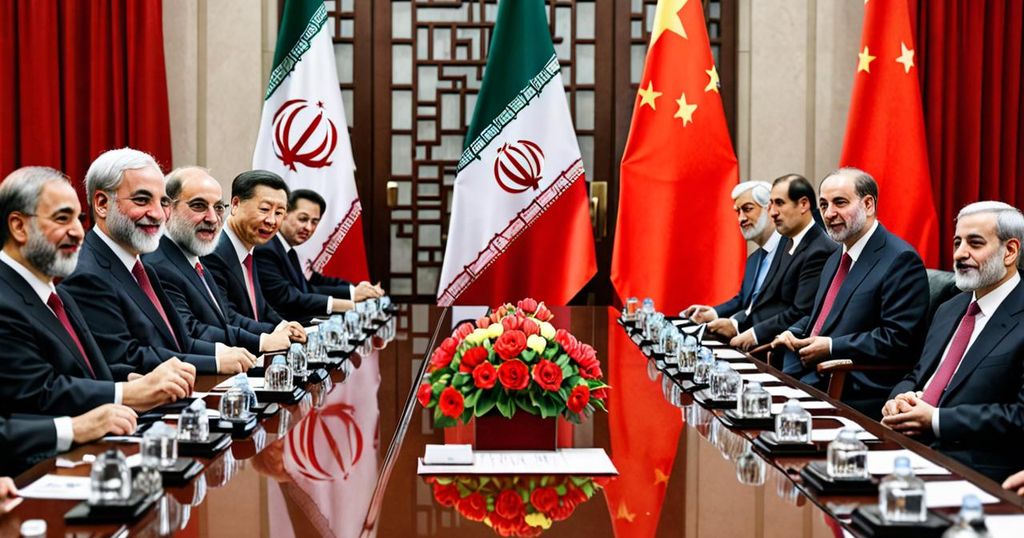In recent news, the focus has been on China’s “Delete A” plan, a strategy intended to expunge American presence from the sphere of technology. This initiative carries potentially significant ramifications for data preferences, advertising partners, and TCF vendors. It is also rumored to be a targeted maneuver aimed at disrupting America’s technological dominance and establishing China’s influence.
The plan encompasses the storage and retrieval of data preferences, such as cookies, device identifiers, and other online identifiers, with the purpose of identifying user activity and preferences. This information is then utilized to deliver more tailored and targeted advertising and content to users. TCF vendors play a pivotal role in collecting and processing a broad spectrum of data, including privacy choices, IP addresses, and browsing and interaction data, which is utilized to create user profiles and present more relevant content and advertising.
In addition, advertising partners play a critical role in this scheme, being responsible for tracking visits and traffic sources, as well as measuring and enhancing website performance. They also enable websites to offer enhanced functionality and personalization, as well as targeted advertising based on users’ interests, sometimes by tracking users’ browsing activity across various websites to establish a profile of their interests and display relevant advertisements.
The “Delete A” plan put forth by China not only seeks to eliminate American influence from the realm of technology, but also aims to collect and utilize user data for its own benefit. The implications of this plan are profound and could significantly impact the global tech industry.
As this narrative unfolds, it is imperative to closely monitor the privacy and security implications of these developments, and to contemplate how they might impact the future of technology and user data privacy.








